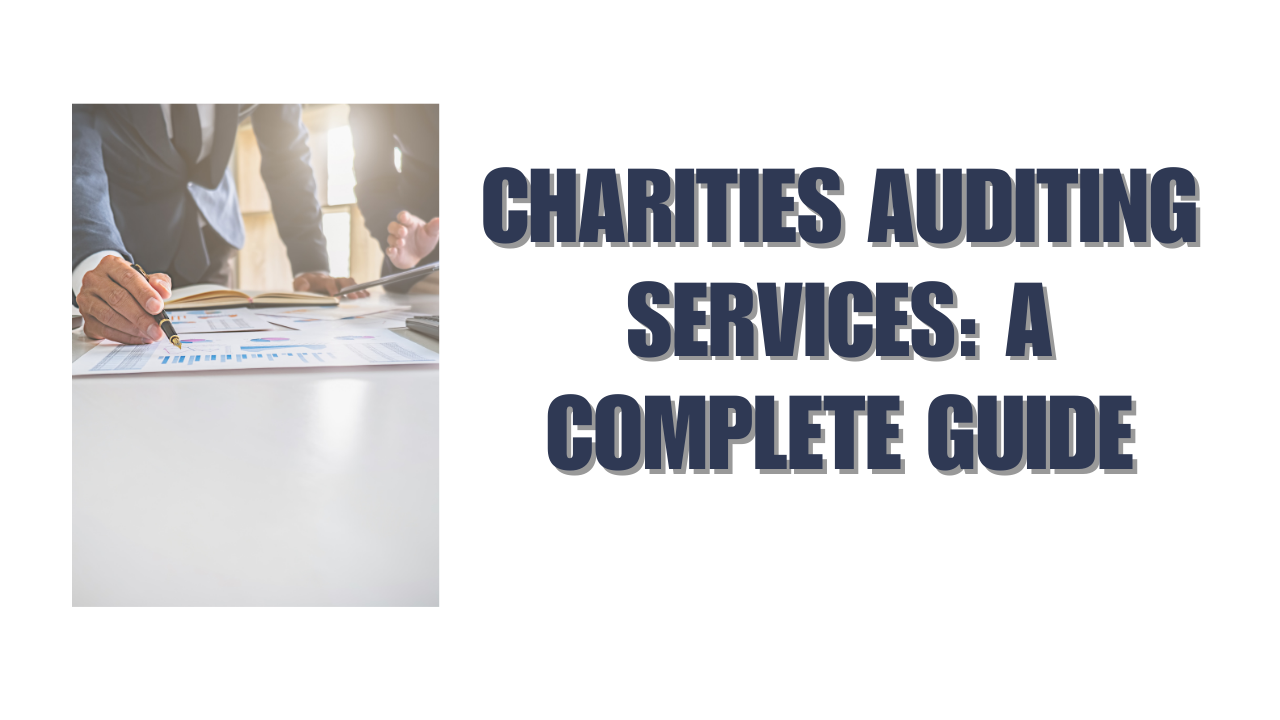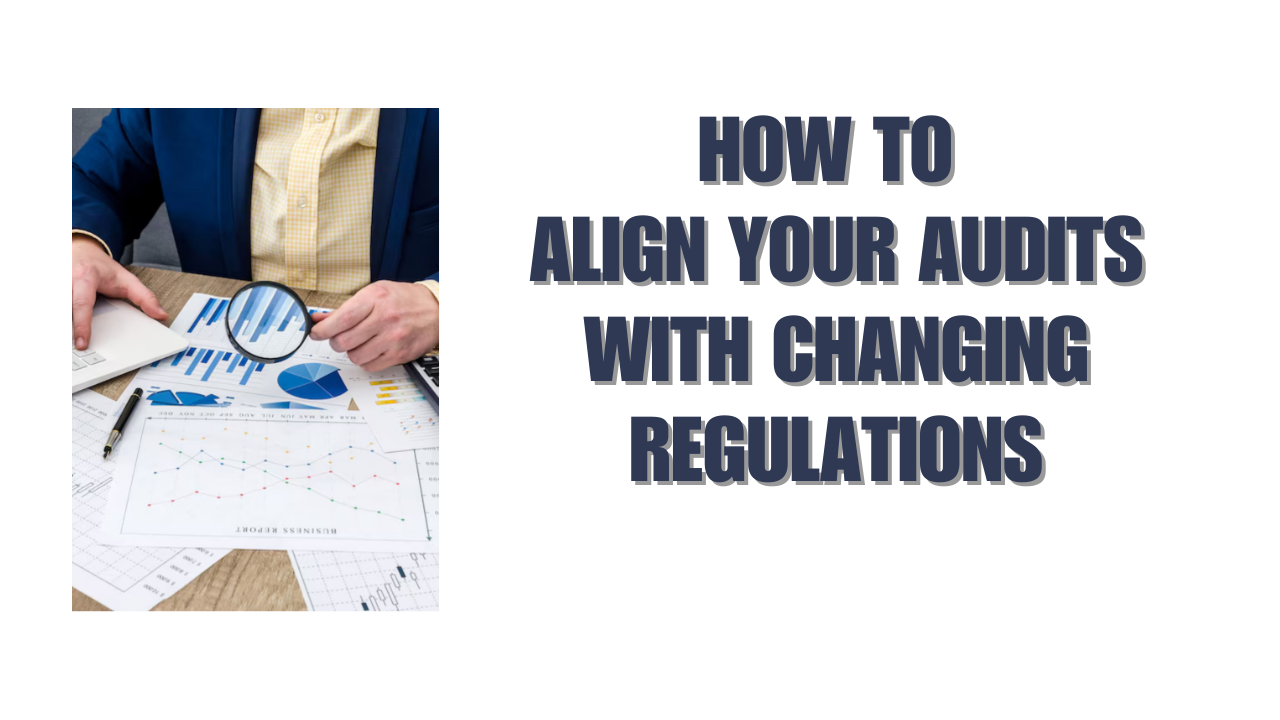Charitable organisations play a vital role in supporting communities, preserving culture, and delivering essential services. In places like the Cook Islands, where community trust is central, managing finances properly is especially important. That’s where charities auditing services become valuable.
These services involve an independent review of a charity’s financial records and internal systems. While audits are not required by law in the Cook Islands, they are widely encouraged to improve transparency, accountability, and donor confidence.
What Are Charities Auditing Services?
Charities auditing services involve a thorough review of a charity’s financial activities, done by a qualified and independent auditor. The purpose is to confirm that the charity is managing funds properly and following good financial practices.
In the Cook Islands, the Charitable Trusts Act 1966 governs registered charities. This law does not require charities to be audited each year. However, it gives the Attorney-General the power to examine a charity’s financial and operational activities if there are concerns. As a result, many charities choose to get audited voluntarily.
Why Do Charities Need Auditing Services?
Even if not required by law, audits offer several important benefits for charities in the Cook Islands.
-
Donor Confidence
Audits help show that the charity is using donations responsibly. This builds trust with donors, sponsors, and grant providers.
-
Regulatory Readiness
In case the Attorney-General calls for an investigation, having audited records makes it easier for the charity to cooperate and respond quickly.
-
Transparency
Audited reports help demonstrate that the charity is being open and honest with its financial information.
-
Fraud Prevention
Audits help spot unusual transactions and make it harder for misuse of funds to go unnoticed.
Oversight in the Cook Islands
The Cook Islands does not set audit thresholds based on annual income like New Zealand does. There are no laws requiring a charity to get its financials audited regularly. However, the Attorney-General can step in to review a charity if necessary. Charities that receive large grants, handle public donations, or report to overseas funders are usually expected to provide audited financials.
Oversight Features for Cook Islands Charities
- Regulatory Body: Attorney-General
- Audit Requirement: Not mandatory
- Review Rights: The Attorney-General can examine a charity’s affairs
- Voluntary Audits: Recommended for transparency and trust
The Audit Process for Charities
Even though audits are optional, most follow a similar process to ensure accuracy and accountability.
- Engagement
The charity signs an agreement with an audit firm outlining the scope, fees, and expected timeline. - Preparation
The charity submits key documents such as financial statements, receipts, bank records, and funding agreements. - Internal Controls Review
The auditor checks how the charity handles money, approvals, and financial records to assess if the system is strong or has risks. - Sample Testing
Auditors select samples of income and expenses to review. They may follow the trail from a donor’s payment to how the funds were used. - Discussion and Draft Report
A draft report is prepared and discussed with the charity to highlight any issues or suggestions. - Final Audit Report
A final report is issued, confirming whether the financials are accurate and whether any concerns need to be addressed.
What Does a Charity Audit Cover?
A charity audit examines both the financial information and the way the charity manages its finances.
Key areas include:
- Donations and grants received
- How funds are spent
- Recordkeeping practices
- Governance and board oversight
- Whether the charity is following funding or donor conditions
Common Audit Focus Areas
- Income: Are all donations and grants properly recorded?
- Expenses: Are funds being spent in line with the charity’s goals?
- Controls: Are approval and recordkeeping systems in place?
- Compliance: Is the charity following any grant or donor terms?
Choosing an Audit Firm
Choosing the right audit partner is important. Here are some qualities to look for:
- Experience with nonprofit audits
- Familiarity with Pacific or Cook Islands contexts
- Clear and simple communication
- Availability for remote or hybrid work
- Ability to explain recommendations clearly
Auditing is more than just numbers—it’s about making sure the organisation is working well and is prepared for future growth.
Common Issues Found in Charity Audits
Even the best-run charities face challenges during audits. These are some of the most common:
- Missing or incomplete records
- Weak approval systems for expenses
- Poor separation of financial duties
- Manual or outdated accounting methods
- Lack of documentation for grant spending
These issues can usually be fixed once identified, especially with help from the auditor.
Benefits of Voluntary Auditing
In the Cook Islands, many charities choose to audit their accounts even when it is not required. Doing so offers several long-term advantages.
- Builds donor and community trust
- Helps attract future funding
- Improves the board’s ability to govern effectively
- Keeps the charity ready for any external review
- Shows the charity is serious about managing money properly
Voluntary audits are also useful when applying for overseas grants, which may ask for recent audited accounts.
Conclusion
Charities auditing services provide peace of mind for boards, donors, and the public. While not required by law in the Cook Islands, voluntary audits help charities build trust, strengthen systems, and prepare for any future regulatory scrutiny.
Charities that value transparency and long-term impact should consider making audits a regular part of their operations. It’s not just about compliance—it’s about being accountable to the communities they serve.
Aurora Financials: Supporting Audit Needs in the Cook Islands
Aurora Financials offers audit and assurance services to clients across the Cook Islands through a fully remote service model. While Aurora does not maintain a physical office in the Cook Islands, the firm brings its established expertise from working with clients across New Zealand and the wider Pacific region.
By leveraging cloud-based tools, secure platforms, and a client-focused approach, Aurora delivers efficient, transparent, and fully compliant audit services. This remote-first model is especially valuable in the Cook Islands, where access to qualified professionals can be limited, and digital collaboration continues to gain traction.
Frequently Asked Questions (FAQs)
1. Are audits legally required for charities in the Cook Islands?
No. There is no legal requirement under the Charitable Trusts Act 1966 for charities to conduct annual audits. However, the Attorney-General has the right to examine a charity’s records if needed. Many charities choose to do audits voluntarily to show accountability and prepare for possible reviews.
2. How often should a Cook Islands charity get audited?
There’s no set rule, but annual audits are considered best practice—especially if the charity handles public money, receives government grants, or seeks overseas funding. Regular audits help improve operations and strengthen donor relationships.
3. What should a charity prepare for an audit?
A charity should prepare its financial statements, receipts for income and expenses, grant agreements, donation logs, bank statements, and minutes from board meetings. Good organisation and recordkeeping make the audit process smoother and more efficient.






